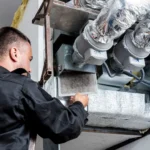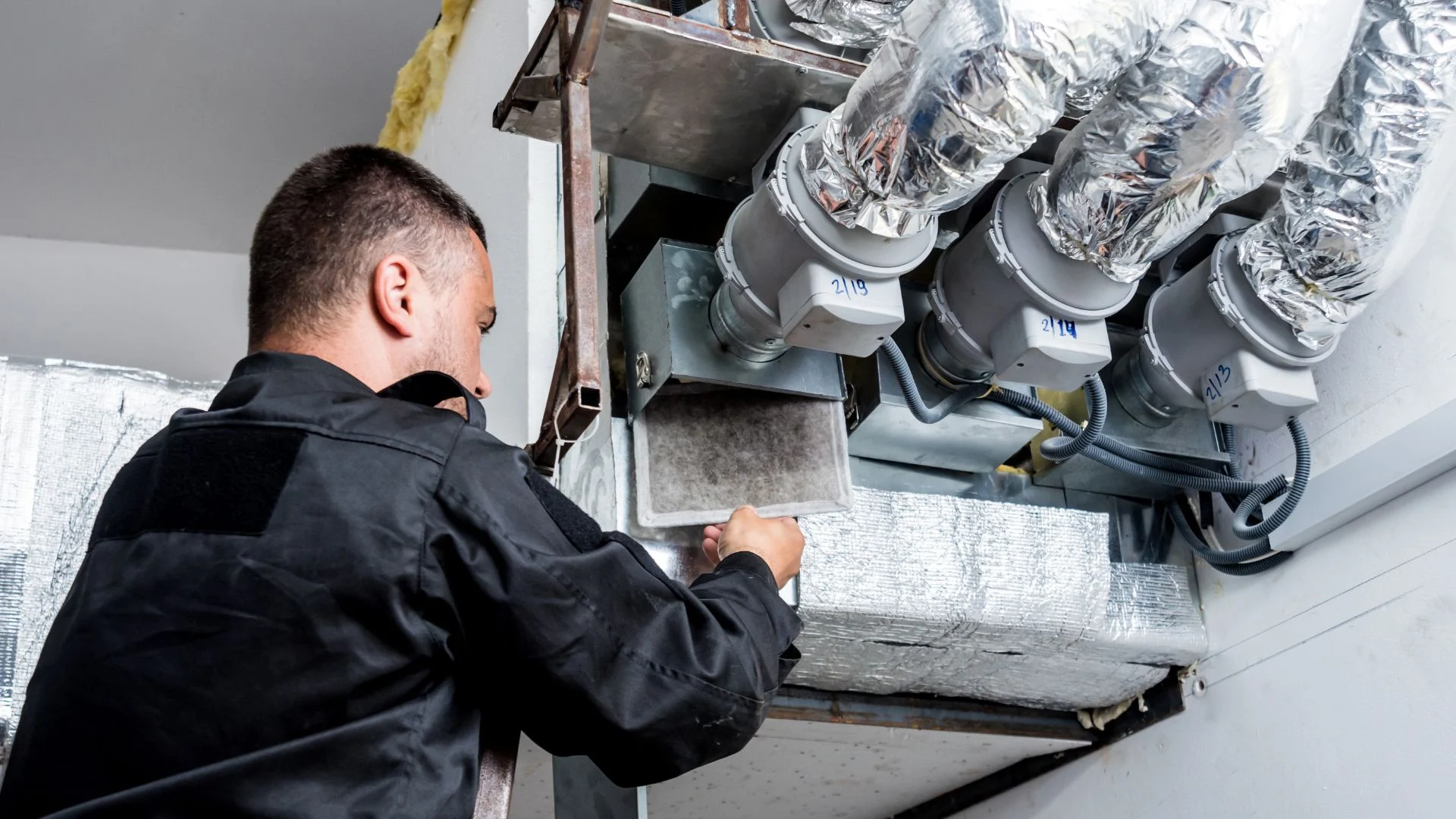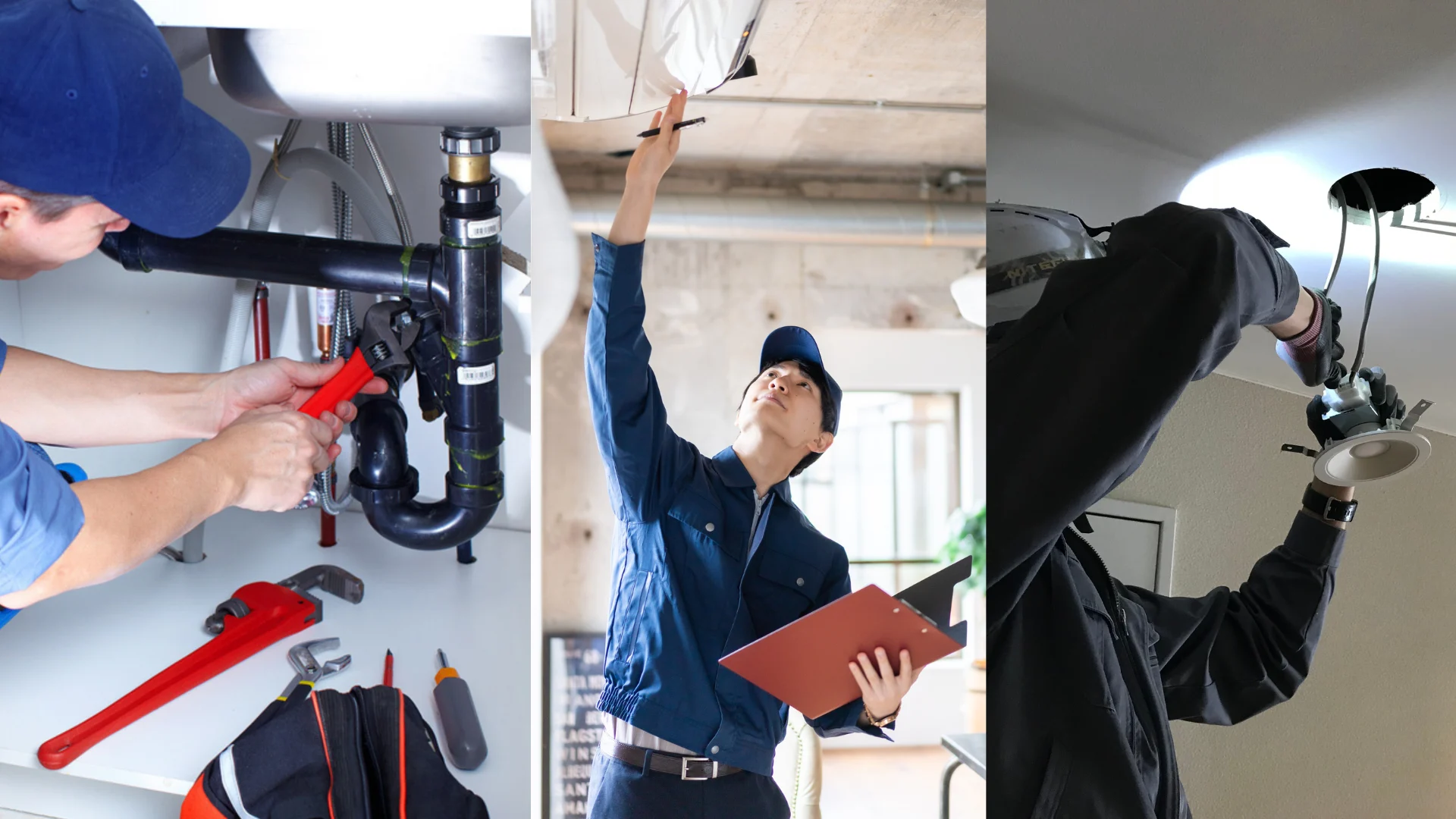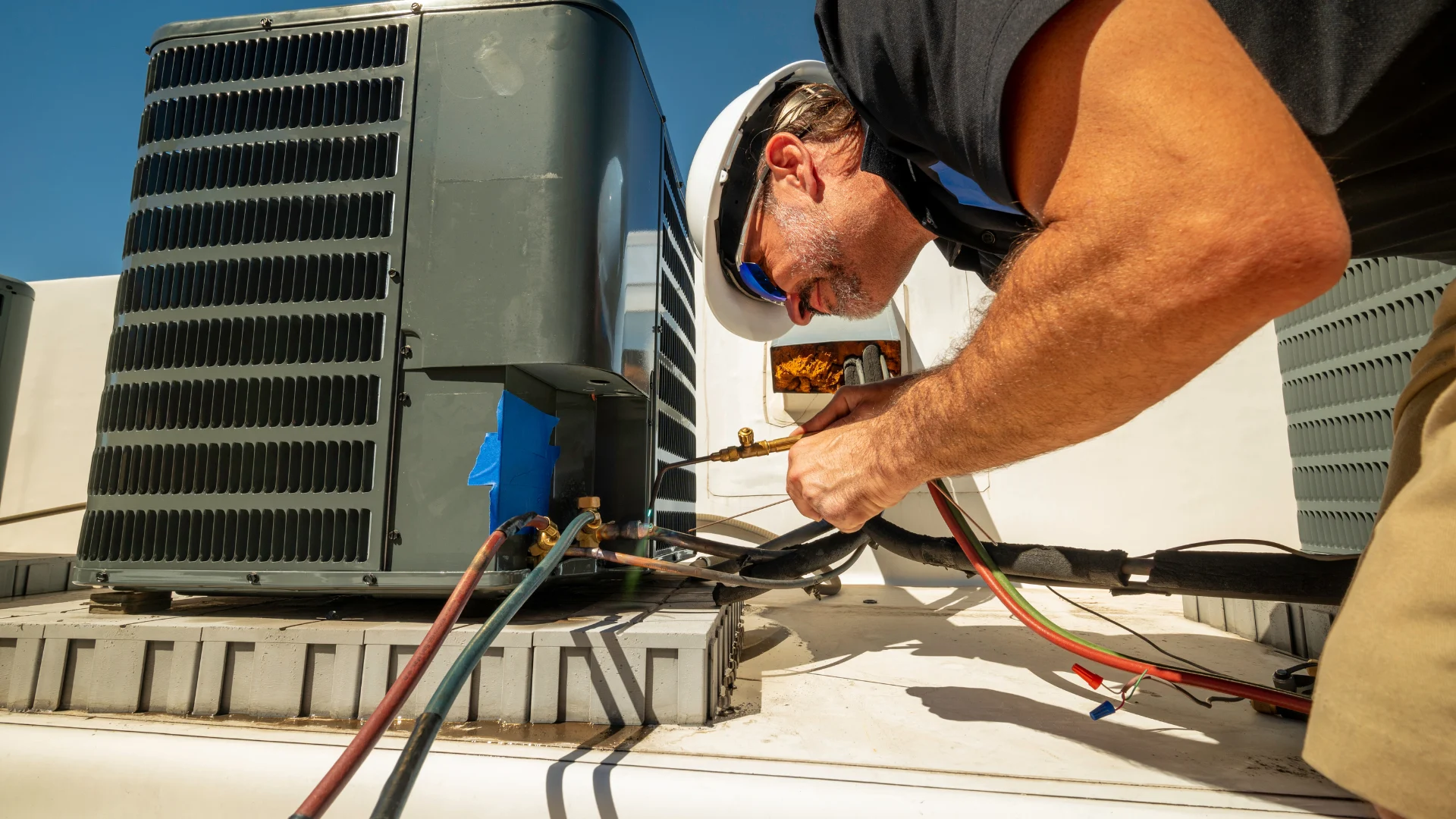

For many HVAC contractors, growth isn’t limited by opportunity but by capacity. As projects increase, so do administrative tasks, supplier management, and overhead that cut into margins. By streamlining procurement, contractors can reduce manual work, control costs, and scale efficiently. Efficiency, not expansion, is the key to sustainable growth.

As electrical contractors expand, each branch often develops its own way of buying materials and managing suppliers, creating inefficiencies that chip away at profits. By unifying procurement while preserving local agility, companies can gain consistent pricing, stronger supplier relationships, and smoother operations. The result is a connected organization where every branch contributes to greater efficiency, speed, and profitability.

Multi-trade contractors juggle unique suppliers and processes across electrical, HVAC, plumbing, and more, creating a maze of inefficiency and missed leverage. Without a unified approach, costs rise and growth stalls. By making procurement the connective tissue across trades, contractors gain consistency, visibility, and scalable power to grow.

For HVAC contractors, the real growth challenge isn’t finding more projects, it’s having the capacity to deliver them profitably and on schedule. Too much time is lost to quoting, supplier management, and admin tasks instead of execution. By streamlining procurement, contractors reclaim capacity, accelerate delivery, and unlock sustainable growth.

Margins are tight, schedules are unforgiving, and electrical contractors often lose valuable hours to procurement tasks instead of project delivery. Without a unified approach, purchasing becomes fragmented, draining time from growth and consistency. By offloading supplier work to a procurement partner, contractors reclaim bandwidth, unlock scalability, and boost margins.

Contractors lose time and profit chasing quotes across multiple suppliers and inconsistent processes. This chaos creates delays, confusion, and missed opportunities. Streamlined pricing turns procurement into a performance advantage.

Building automation is no longer just a future concept, it’s happening now. As more building owners embrace electrification and smart systems, electrical contractors have a major opportunity to grow. But there’s a skills gap, and staying competitive means learning automation, data, and AI. With the right training and tools like Raiven, contractors can lead the way in building smarter, more efficient spaces.

Procurement doesn’t have to be a slow, manual drain on your business. With automation and AI, contractors can streamline tasks like purchase order creation, invoice matching, and supplier tracking—cutting costs and boosting efficiency. Raiven’s digital supply chain network makes it easier than ever to build a modern, connected buying process for the trades. Small improvements add up fast, and the impact on your bottom line is worth the effort.

Key takeaways: With so many contractor groups offering similar networking and industry resources, it’s critical to stand out. The most successful organizations are rethinking their value propositions, delivering perks that directly solve electrical and HVAC contractors’ toughest challenges. Below are some high-impact benefits you can offer to attract, support, and retain members in today’s competitive […]

The EV charging market is poised for explosive growth, with over 28 million charging ports needed in the U.S. by 2030. For electrical contractors, this shift presents an opportunity to expand into residential, multifamily, fleet, and public sector installations—along with long-term revenue from maintenance and repairs. Local demand will vary, so understanding your market is key. Raiven’s Electrification Store helps contractors stay competitive with access to discounted supplies, streamlined procurement, and new revenue opportunities through their e-store program.